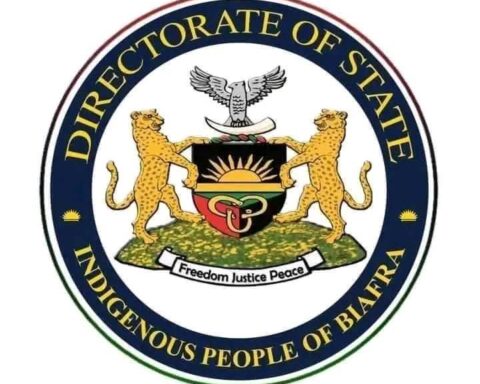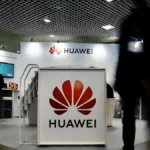The Nigerian National Petroleum Company Limited (NNPC Ltd) and other major fuel marketers have increased the pump price of Premium Motor Spirit (PMS), also known as petrol, to ₦955 per litre, sparking outrage and concern among motorists and citizens across the country.
The new price, which took effect on Monday, marks one of the sharpest increases since the full deregulation of the downstream sector. Checks across major cities such as Abuja, Lagos, and Port Harcourt revealed that most filling stations now sell between ₦915 and ₦955 per litre, depending on location and supplier.
The sudden hike has triggered panic buying and long queues at several fuel stations, as consumers rushed to fill their tanks before prices rise further. In parts of Lagos, motorists complained of a sudden adjustment from ₦870 to ₦915 per litre overnight, while in Abuja and its environs, NNPC retail outlets now display ₦955 per litre.
Commercial drivers have begun increasing fares, citing the higher cost of fuel. In Abuja, intra-city transport fares have risen by as much as 25 per cent, while interstate travel operators have hinted at a major review of ticket prices.
“This new price is unbearable,” lamented a commercial driver, Musa Ibrahim, at the NNPC Mega Station in Gwarinpa. “How do we survive when everything else is already expensive? Government must intervene.”
Industry sources attribute the latest increase to rising international crude oil prices and the depreciation of the naira against the U.S. dollar, which have significantly raised the landing cost of imported petrol.
An NNPC source, who spoke on condition of anonymity, explained that the adjustment was necessary to reflect “current market realities.”
“With the deregulated market, prices are now driven by global oil prices and foreign exchange rates. The company can no longer sustain losses on fuel sales,” the source said.
Independent marketers have also aligned their prices with NNPC’s new template, saying they have no choice but to adjust their rates to cover operational costs.
Economists warn that the development could further worsen inflationary pressures and deepen the cost-of-living crisis already affecting millions of Nigerians.
Dr. Kemi Odewale, an energy economist, said the increase would have a domino effect on food prices, transport costs, and small businesses that rely on petrol for power generation.
“Fuel remains the lifeblood of Nigeria’s economy. Any rise in pump price directly translates to higher production and logistics costs, which consumers eventually bear,” she said.
As of the time of filing this report, neither the Federal Government nor the NNPC Ltd had issued an official statement on the new pricing. However, government officials have repeatedly maintained that the downstream sector remains fully deregulated and subject to market dynamics.
Labour unions and civil society organizations have condemned the latest adjustment, describing it as “insensitive” and calling for urgent measures to cushion the impact on ordinary Nigerians.
The Nigeria Labour Congress (NLC) warned that the continuous rise in fuel prices could spark nationwide protests if government fails to provide palliatives or review the policy framework governing deregulation.
With the new price regime, analysts expect fuel costs to remain volatile in the coming weeks, depending on movements in global crude oil prices and foreign exchange rates.
For now, Nigerians must brace for another round of economic hardship, as the price of petrol — now at ₦955 per litre — ripples through every sector of the economy.



























